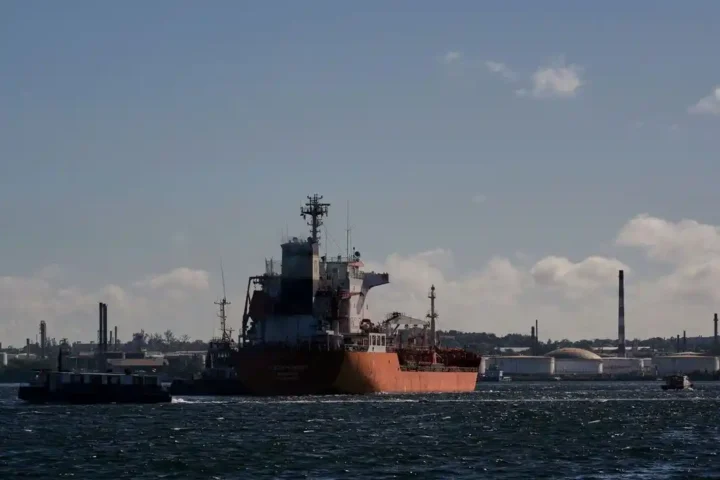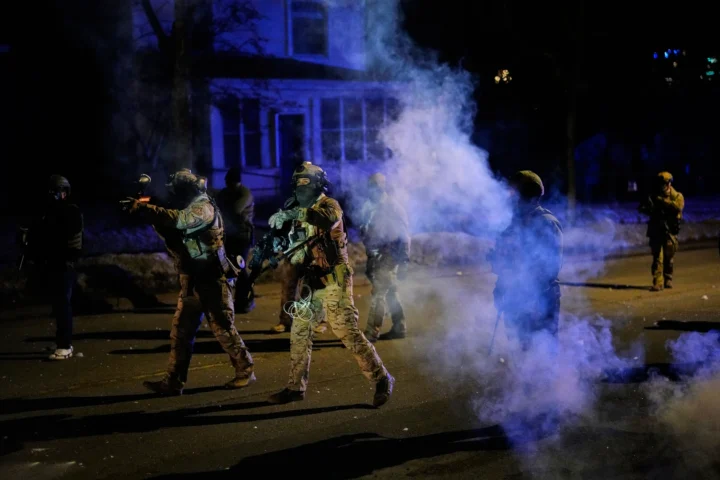As the Trump administration charts a path to end the war in Ukraine, Europe stands at a historic crossroads. National Security Advisor Michael Waltz recently made it clear: once a peace deal is reached, the responsibility for maintaining security in Ukraine will rest primarily with Europe. But while Europe must shoulder a greater burden, the United States cannot afford to vanish from the scene. The stakes are too high, and the lessons of the past too clear.
History teaches us that peace in Europe is never guaranteed. Twice in the last century, the world watched as conflicts on the continent escalated into global catastrophes. After World War II, the North Atlantic Treaty Organization (NATO) was created to prevent such tragedies, keeping “the Russians out, the Americans in, and the Europeans together.” Today, that logic must be adapted to the current challenge: securing Ukraine’s future while deterring Russian aggression.
For Europe, this means stepping up in three crucial ways. First, European nations must present a clear, sustainable plan to support Ukraine’s defense forces. Maintaining Ukraine’s military strength is essential to deterring future Russian attacks. Estimates suggest that Ukraine can sustain its core defense capabilities for about $20-40 billion annually—roughly equivalent to the defense budgets of Israel or South Korea. This investment would cover arms, intelligence, and training, allowing Ukraine to defend its sovereignty without permanent foreign troops.
Second, Europe must back its commitments with boots on the ground. A deployment of around 20,000 European troops stationed in Ukraine would send a powerful message: any future Russian aggression would face a swift, collective response. This force should be capable of defending itself until reinforcements arrive, ensuring that Russia cannot achieve a quick, decisive victory. To achieve this, Europe has two viable options:
One option is to invoke the “Berlin-plus” formula, which allows the European Union (EU) to leverage NATO assets for its security missions. This approach aligns with Ukraine’s aspirations to join the EU and would strengthen Europe’s role as a geopolitical player. Alternatively, if EU unanimity proves elusive, a coalition of willing nations could take the lead. The British-led Joint Expeditionary Force (JEF), which includes several NATO members, provides a useful model. Expanding this concept into a robust EU-led coalition would demonstrate Europe’s determination to defend its eastern flank.
Third, while Europe must lead, the United States must continue to provide critical support. The Trump administration should reassure its European allies that America stands behind their commitment to Ukraine’s defense. Maintaining a credible deterrent against Russia requires a forward U.S. military presence, with an additional 10,000 troops stationed in Poland and the Baltic states. Furthermore, Washington should not rule out the possibility of deploying forces inside Ukraine if necessary. Such measures would signal to Moscow that any aggression would trigger a unified and formidable response.
Critics may argue that America should focus on its own priorities and leave Europe to handle its backyard. But disengagement would be a costly mistake. A Russian victory in Ukraine would embolden autocrats worldwide, undermining the rules-based international order that has underpinned global stability since 1945. Moreover, history shows that conflicts in Europe rarely remain confined to the continent. Ensuring Ukraine’s security is not just a European interest—it is a vital American interest as well.
This is Europe’s moment of truth. By demonstrating their resolve to defend Ukraine, European nations can strengthen the transatlantic alliance and secure peace for future generations. But they cannot do it alone. The United States must remain a committed partner, ready to stand with its allies in the face of Russian aggression. Together, they can send a clear message to Moscow: the free world will not be intimidated, and Ukraine will never stand alone.











